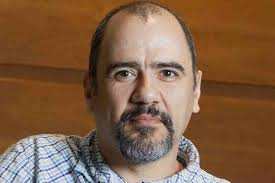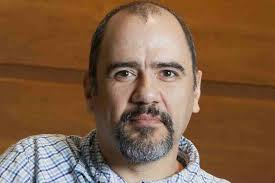
samir
It has been said that general practice is the bedrock on which the NHS is built, and without it the whole edifice would crumble.
This may be true from an organisational point of view, due to the gatekeeper role that attempts to stem the flow of patients into expensive big white, PFI-funded buildings, as well as the increasing role played in preventative medicine – which is certainly one of the current buzzwords.
There is however, something else that the NHS is built on, which has always been known, but has recently been quantified by the amount of extra work done by junior doctors in hospital, which must now be reported.
Simply put, staff within the NHS work above and beyond their call of duty, in terms of effort and number of hours worked unpaid.
A huge chunk of care towards patients is the result of health professionals coming in early, staying late and working through their meal breaks. It may not be as valuable as the amount of unpaid care that patients receive in their homes from informal carers, but it demonstrates that it is goodwill that keeps the NHS functioning. If everyone were to work to rule the whole system would become even more dysfunctional.
I worry that the loss of goodwill affecting hospital junior doctors will seep into general practice
Perhaps the exceptions are GP partners, as they are paid mostly on a capitation basis, rather than, rightly or wrongly, via an activity-based contract. There has no doubt always been an ethic of just getting done what needs to be done, for the sake of both the patient and the business of general practice.
The same work ethic applies to salaried doctors, the vast majority of whom work above and beyond their contracted hours to provide care for their patients. In part, this is because it is in the culture of general practice to try to meet the needs of our patients, but also because of the inexorable rise in the demand placed on general practice.
Those of us that have GP registrars at our practices will have noticed the effect of the 2015 junior doctor contract on the limits placed on the time that trainees can spend seeing patients and in structured teaching sessions.
I worry that the loss of goodwill that has affected hospital junior doctors will slowly seep into general practice as well. It may be that the next generation of newly-qualified GPs, who started their training during the junior contract disputes, don’t expect or want to be able to exception report when their sessions overrun, or they have three visits, or have 40 letters to process.
But it wouldn’t surprise me if they demanded to work to the letter of their contract, which could potentially unravel general practice. Goodwill is not only the bedrock of the NHS, it is the glue that holds it together.
Dr Samir Dawlatly is a GP in Birmingham
References:
NHS GP Partnership Review: Final Report
Pulse October survey
Take our July 2025 survey to potentially win £1.000 worth of tokens













